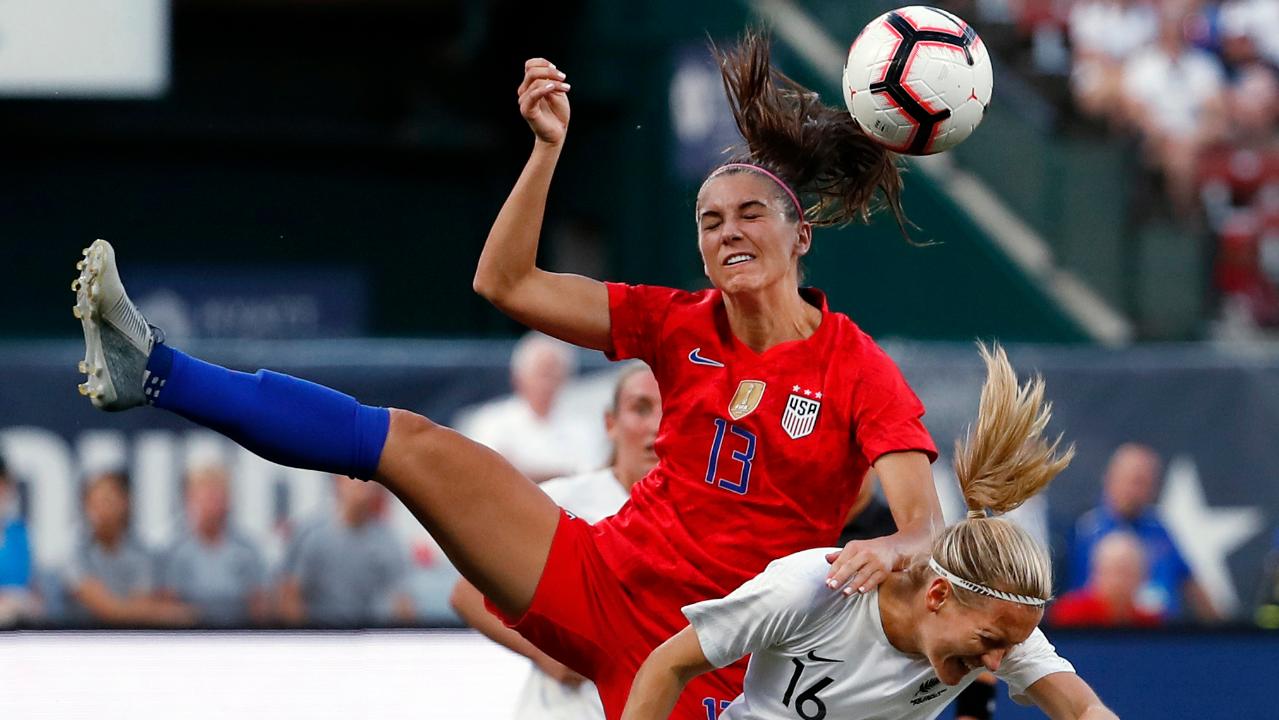World Cup: Elizabeth Warren backs USWNT equal pay fight
Sen. Elizabeth Warren expressed support for the U.S. women’s national soccer team’s legal battle for equal pay on Tuesday, the same day they shattered scoring records with a 13-0 victory over Thailand at the FIFA Women’s World Cup.
Members of the women’s national team entered World Cup play amid a pending federal gender discrimination lawsuit against the U.S. Soccer Federation. The lawsuit cited several instances in which pay for U.S. men’s team, which has underperformed in recent years, far exceeded compensation for their counterparts on the women’s team, who are the reigning World Cup champions.
“The @USWNT is #1 in the world & contributes higher revenues for @USSoccer than the men’s team, but they’re still paid a fraction of what the men earn,” Warren wrote on her official Twitter page. “Women deserve equal pay for equal (or better!) work in offices, factories, AND on the soccer field.”
The U.S. women’s national team’s 13-goal outburst in their debut match at this year’s World Cup was the most ever scored in a single game at the international tournament. Alex Morgan tied a national record with five goals in the match.
U.S. Soccer officials have disputed allegations of gender-based pay discrimination, as well as the lawsuit’s assertions that the women’s national team generates more revenue for the federation than the men’s team. The organization attributes differing pay structures for the two teams to their respective collective bargaining agreements, which were negotiated separately.
CLICK HERE TO GET THE FOX BUSINESS APP
The lawsuit, which is still in its early stages, notes that women just earned a roster bonus of just $15,000 for making the 2015 World Cup team, compared to $55,000 for men in 2014.
“The case is still in the early stage of litigation. If this were a tennis match, it would be as if the plaintiffs made their opening serve (by filing the complaint) and the defendant returned the ball (filing an answer), but there’s still a lot more match to play,” said Erin Buzuvis, a professor at Western New England University School of Law.




















